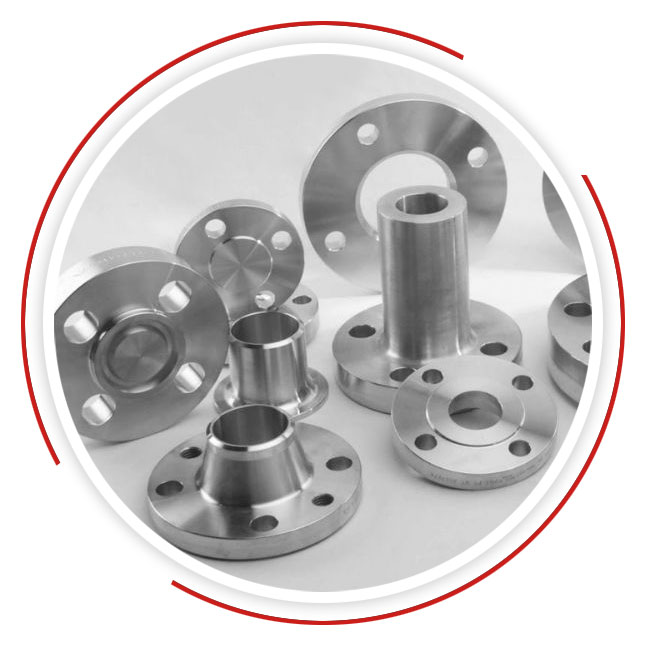
Flange Standards: Ensuring Global Compatibility and Performance
Flange standards are critical to the design, manufacturing, and application of piping components. These standards establish the specifications for dimensions, pressure ratings, materials, and tolerances, ensuring uniformity and reliability across industries worldwide. Kwality Steelage Pvt. Ltd., based in Mumbai, India, adheres to global flange standards to manufacture and export high-quality flanges to markets in the Middle East, Africa, Asia, Europe, and the Americas.


Flange standards provide guidelines for:
ASME B16.5
ASME B16.47
MSS-SP-44
DIN/EN 1092-1
JIS Flanges
API 605
Global Compatibility
Safety and Reliability
Cost Efficiency
Oil and Gas
Chemical Processing
Marine and Offshore
Power Generation
Pricing for standard-compliant flanges depends on:
Typical price ranges:
Kwality Steelage complies with all major flange standards, exporting high-quality products to:
We Export flange standards to Saudi Arabia, Iran, Iraq, United Arab Emirates, Qatar, Bahrain, Oman, Kuwait, Turkey, Egypt, Yemen, Syria, Israel, Jordan, Cyprus, Singapore, Malaysia, Indonesia, Thailand, Vietnam, South Korea, Japan, Sri Lanka, Maldives, Bangladesh, Mayanmar, Taiwan, Cambodia, Argentina, Bolivia, Brazil, Chile, Venezuela, Colombia, Ecuador, Guyana, Paraguay, Uruguay, United States of America, Canada, Mexico, Panama, Costa Rica, Puerto Rica, Trinidad And Tobago, Jamaica, Bahamas, Denmark, Russia, Norway, Germany, France, Italy, United Kingdom, Spain, Ukraine, Netherland, Belgium, Greece, Czech Republic, Portugal, Hungary, Albania, Austria, Switzerland, Slovakia, Finland, Ireland, Croatia, Slovenia, Malta, Nigeria, Algeria, Angola, South Africa, Libya, Egypt, Sudan, Equatorial Guinea, The Republic Of Congo, Gabon, Europe, Africa, Asia, North America, South America, Middle East, Far East.etc
Kwality Steelage ensures every flange meets international standards, providing unmatched quality and reliability for your piping systems. Contact us today to discuss your requirements or request a quote for your next project!
05, 1st Floor, Ratan Sadan Building, Room No. 8, 5th Kumbharwada Ln, Mumbai, Maharashtra 400004
VIKAS JAIN: +91-88792 51118
RAMESH JAIN: +91-99302 75544
We Kwality Steelage Pvt. Ltd. are professionally organized firm engaged in exporting and supplying Stainless Steel, Carbon Steel, Alloy Steel, Nickel Alloys, Duplex, Super duplex and other Ferrous & Non-Ferrous Metal products such as Pipes, tubes, Pipe, Tubes, Pipe Fittings, Piping Spools, LR Bends, Sheets, Plates, Rods, Flanges, Fasteners, Gaskets.
© 2024 Kwality Steelage Pvt. Ltd. All rights reserved. Designed by Vebiotic Web Solutions Marketing by Adinads
WhatsApp us